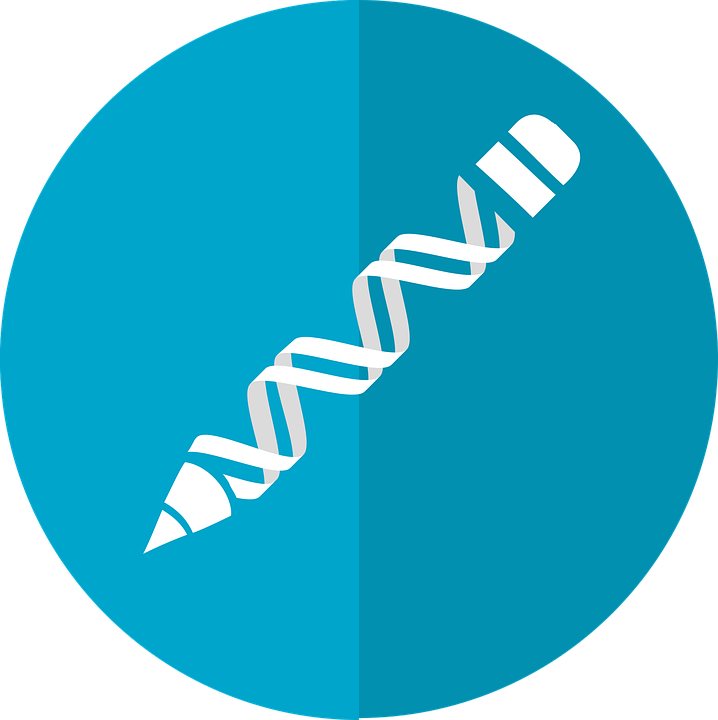Join the debate on human genome editing!
By Yeyang Su,
Impact Ethics [cites CGS' Marcy Darnovsky]
| 11. 03. 2018
At the end of this month, the Second International Summit on Human Genome Editing will be held in Hong Kong. In the invitation to participants, the local host and President of the Academy of Sciences of Hong Kong, Dr Lap-Chee Tsui takes care to note that: “[o]f particular concern is the possibility of heritable genome editing… and applications for purposes other than to treat disease or disability.”
The possibility of heritable human genome editing is what propelled the United States National Academy of Sciences and National Academy of Medicine, United Kingdom’s Royal Society, and the Chinese Academy of Sciences to co-organize the First International Summit on Human Gene Editing three years ago, in Washington. This Summit was a response to the first published study in human embryos using CRISPR-Cas9 – then a newly discovered genome editing tool characterized by “unprecedented efficiency and stunning ease of use.”The research led by Junjiu Huang and Canquan Zhou at Sun Yat-sen University in Guangzhou, China, aimed to modify the endogenous β-globin gene that causes β-thalassaemia. β-thalassaemia affects about 2% of people in China, ...
Related Articles
By Diaa Hadid and Shweta Desai, NPR | 01.29.2026
MUMBRA, India — The afternoon sun shines on the woman in a commuter-town café, highlighting her almond-shaped eyes and pale skin, a look often sought after by couples who need an egg to have a baby.
"I have good eggs,"...
By George Janes, BioNews | 01.12.2026
A heart attack patient has become the first person to be treated in a clinical trial of an experimental gene therapy, which aims to strengthen blood vessels after coronary bypass surgery.
Coronary artery bypass surgery is performed to treat...
By Staff, ScienceDaily | 01.05.2026
Scientists at UNSW Sydney have developed a new form of CRISPR technology that could make gene therapy safer while also resolving a decades-long debate about how genes are switched off. The research shows that small chemical markers attached to DNA
...
Following a long-standing CGS tradition, we present a selection of our favorite Biopolitical Times posts of the past year.
In 2025, we published up to four posts every month, written by 12 authors (staff, consultants and allies), some in collaboration and one simply credited to CGS.
These titles are presented in chronological order, except for three In Memoriam notices, which follow. Many more posts that are worth your time can be found in the archive. Scroll down and “VIEW...




